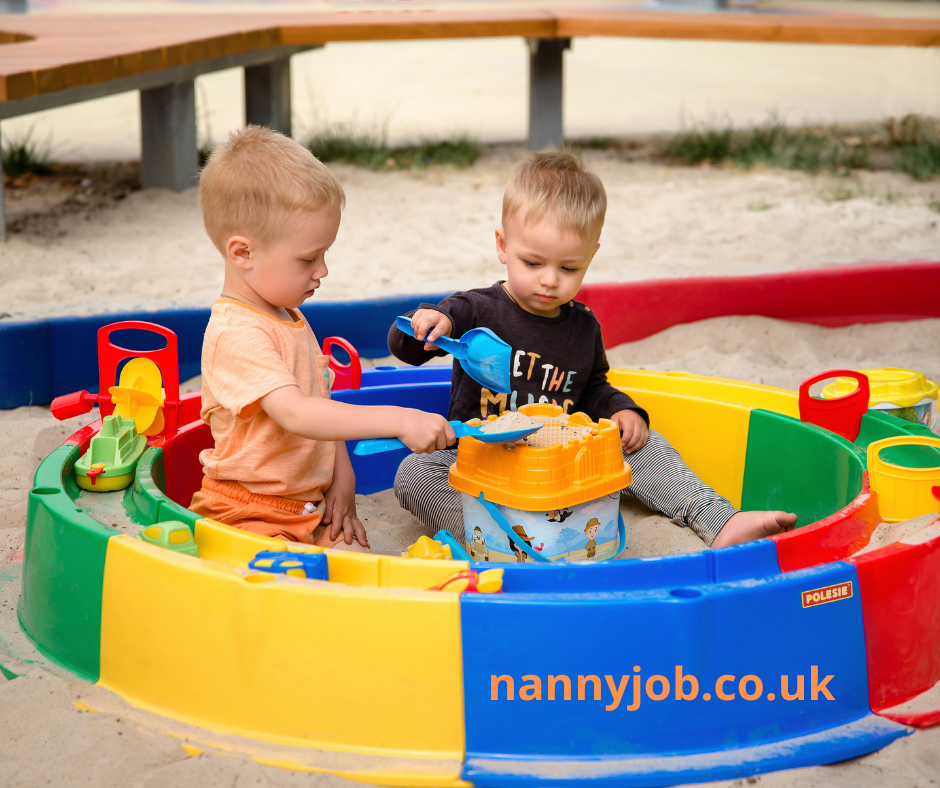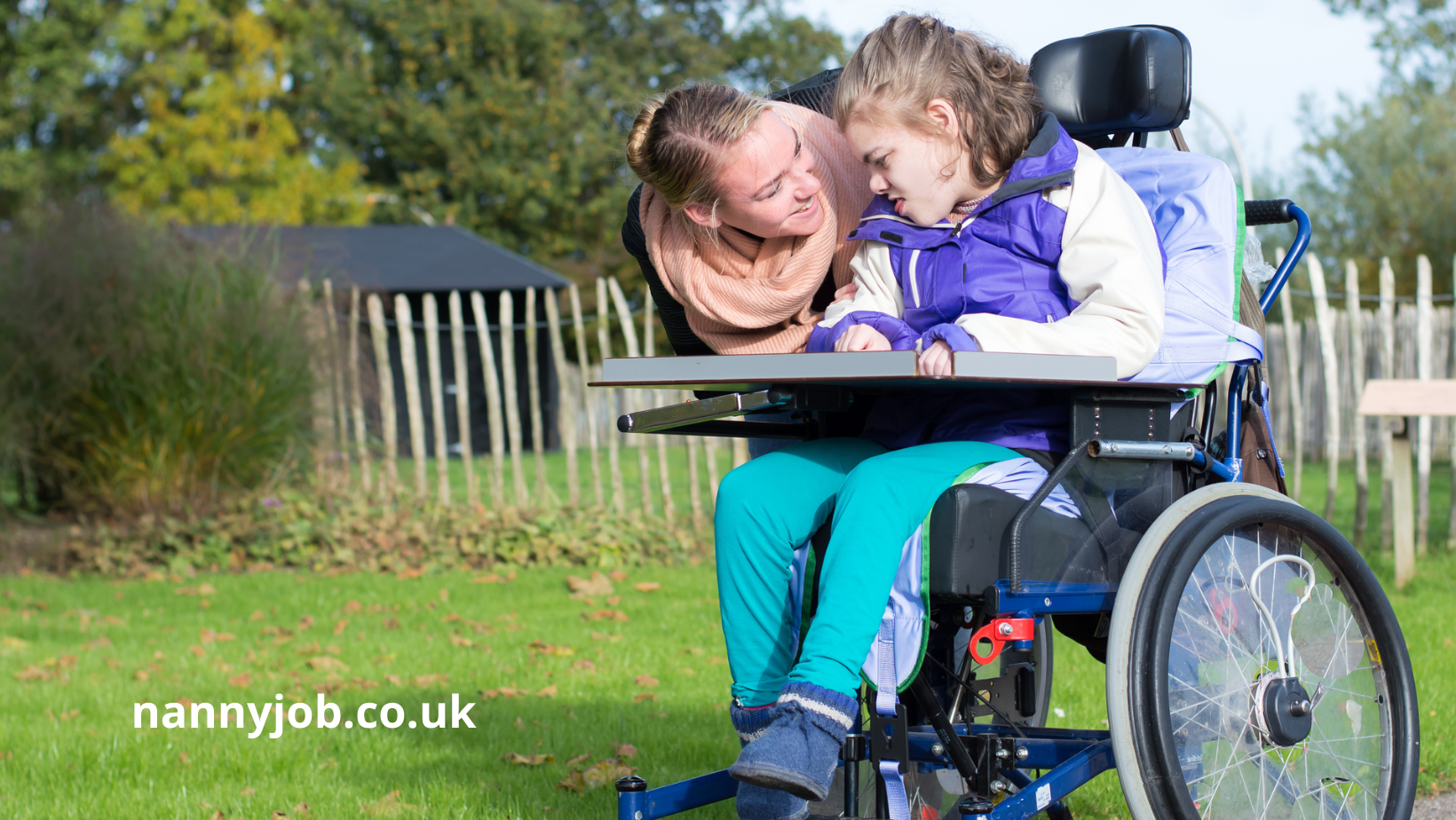Let’s face it, if you have a child in private education and money has become tight, the last thing you want to have to consider is moving them into a state school. Unless the child is happier doing this, most of us would consider altering our finances in all other areas before we have to consider this one. But with the middle classes being the hardest hit by the covid and Brexit, more parents than ever are now having to make this change.
If you’ve found yourself in this situation, it’s really important not to see it as the end of your child’s future, it may even be a good thing, there are some amazing state schools and the old argument that as she private education is the only ticket to Oxbridge and a wonderful career is no longer true.
Here are our tips for dealing with this kind of change:
Commit
If you’ve made the decision, stick to it, and wholeheartedly commit to it. There are so many positives to state education. Cast your mind across all the successful and happy people you know – chances are many of them had a state education. Once you’ve made the decision, be upfront and positive with your children, friends and family.
Positivity
This is NOT something to be ashamed of – and for goodness sake don’t let your children think it is. If they sense that you feel this way then they will feel bad too, so make it into an exciting adventure for them as much as you can – something new where they will meet lots of new friends.
Apply the savings
Work out what you’ll be saving on school fees, and mentally dedicate the money to an area where it needs to be. In doing this, you’ll realise that paying for the necessary things will have just as much benefit to your child. It may be paying for household bills, running two cars, or being able to have holidays. Don’t lose sight of how these things benefit the family, and explain to the child that this money is going to help them just as much in different ways.
Getting it right
If proximity to the school is a factor in whether or not your child gets a place there, check out how long the waiting list is. It may be that you have to wait a couple more terms before they can start, however, if you appear to be an involved parent who will play a part in fundraising for the school then the chances are that the head teacher will push you up the list.
Friends
Your child will no doubt make friends very quickly in a new situation, but if it’s at all possible it’s a good idea to find out if you know anyone who has a child at the new school, even better of the same age / in the same class. You’ll feel happier, and your child won’t be walking in cold.
Timing
This may seem obvious, but if you realise you need to make this move, it’s not always at a convenient time (I.e the end of one term ready to start the next). It’s always better for a child to start a new school at the start of a new school year, or a new term if that’s not possible. Try, if you can, to plan it around this.
Let us know your thoughts on this blog post on our Facebook page….










